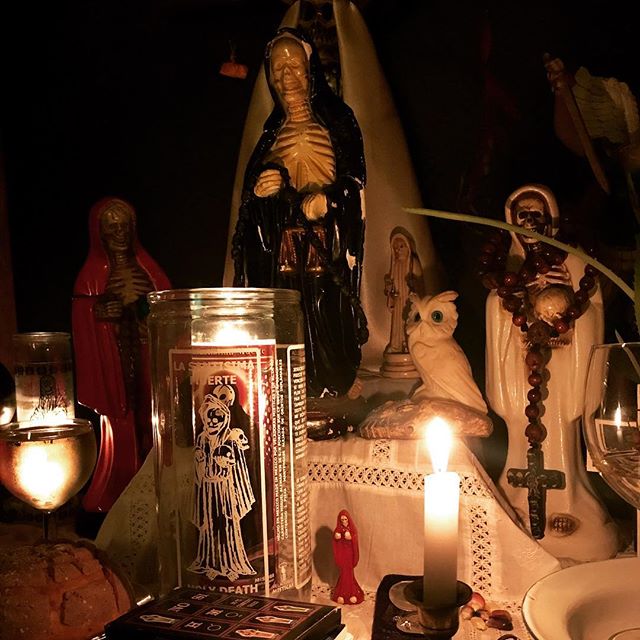

In pre-Columbian times, if death visited a Mayan household, it was believed that wailing would prevent Ah Puch from taking another soul. Ah Puch was a Mayan death deity found in the codices associated with pestilence (Guerra 1964). In Mexico, many pre-Hispanic death deities, although also symbolizing the realms of the underworld or acting as psychopomps, were propitiated or appeased to delay death and even bring sanation (Miller and Taube 1997). 1 Furthermore, the idea has often been at odds with those from within Christian traditions for whom death is about finality nevertheless, in Mesoamerica, the idea of death as regenerative of life is ancient. This is an ancient idea but one that has received scant recent academic attention. Additionally, focusing on Santa Muerte, the saint of death in times of coronavirus, it demonstrates that even death, as a perceived supernatural power, can heal and prolong life. This article stresses the importance of looking at religion in times of pandemic as a coping mechanism.

One of Jesus’ principal roles was as healer, one could even term him a shaman as Craffert has, positing that his main roles were curing, mediating and prophecy (Craffert 2010). And religion has long served as a means to seek to avoid disease and death or come to terms with it, whether in Mexico, Brazil (Chesnut and Kingsbury 2019) or elsewhere in Latin America. The paranoia and panic over the pandemic in many nations, such as Mexico, are the result of the convergence of governmental incompetence, conspiracy theories and the fear of serious illness and death.Īll living beings must inevitably perish nevertheless, across the ages, human beings have seldom accepted their mortality nor that of their loved ones. Although effective in preventing widespread contagion, such actions have severely impacted the economy and the livelihoods of many.

These and other measures have been taken as governments and citizens seek to quell the virus’ reach. They have also been ordered to stay at home and in some countries businesses other than those considered essential, such as restaurants and hairdressers, have been instructed to close their doors. Citizens in most countries across the globe have been encouraged to maintain social distancing, namely to keep a two metre space between themselves and people other than those within their households at all times. COVID-19 is a potentially deadly respiratory disease that is highly contagious and has killed hundreds of thousands of people, with no known cure. Across the world, as of early 2020, many countries announced a lockdown, some even declaring a state of emergency due to coronavirus.


 0 kommentar(er)
0 kommentar(er)
